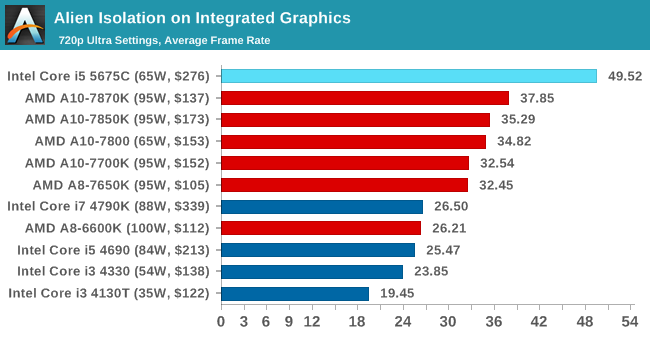Hi there,
I've read quite a number of threads, Intel docs & specs, e-shops prices, etc ... and I can't figure out what added value do Broadwell and Skylake have over Haswell.
I read Broadwell and Skylake are a bit/a lot more expensive over Haswell, but can't see any added value.
I'm mostly interested in gaming with over-clocking builds, BTW, but any added value in other use is valid.
Anyone has any type of use where those 2 architectures are better than Haswell that could trigger an upgrade ?
PS: yes, I know most games are largely GPU-bound, but a couple of them recent ones (Hitman, looking at you !) are now very CPU-bound, so this is still relevant to gaming.
I've read quite a number of threads, Intel docs & specs, e-shops prices, etc ... and I can't figure out what added value do Broadwell and Skylake have over Haswell.
I read Broadwell and Skylake are a bit/a lot more expensive over Haswell, but can't see any added value.
I'm mostly interested in gaming with over-clocking builds, BTW, but any added value in other use is valid.
Anyone has any type of use where those 2 architectures are better than Haswell that could trigger an upgrade ?
PS: yes, I know most games are largely GPU-bound, but a couple of them recent ones (Hitman, looking at you !) are now very CPU-bound, so this is still relevant to gaming.



